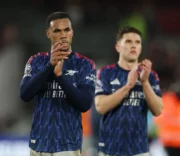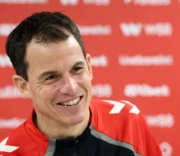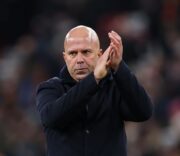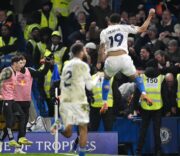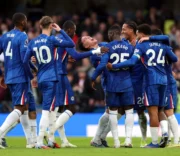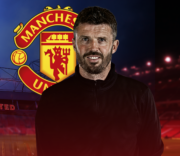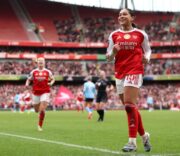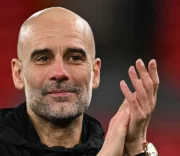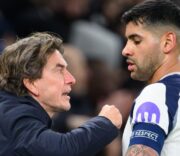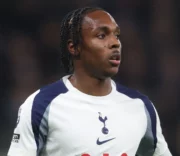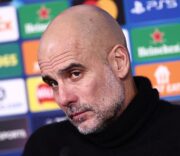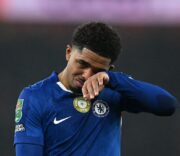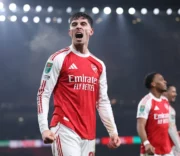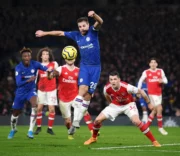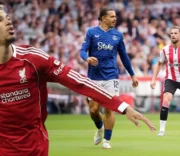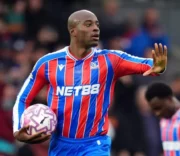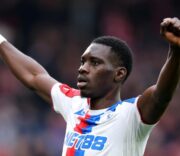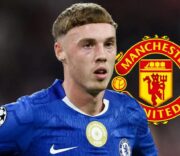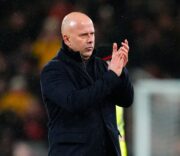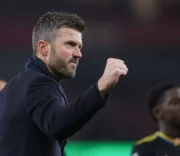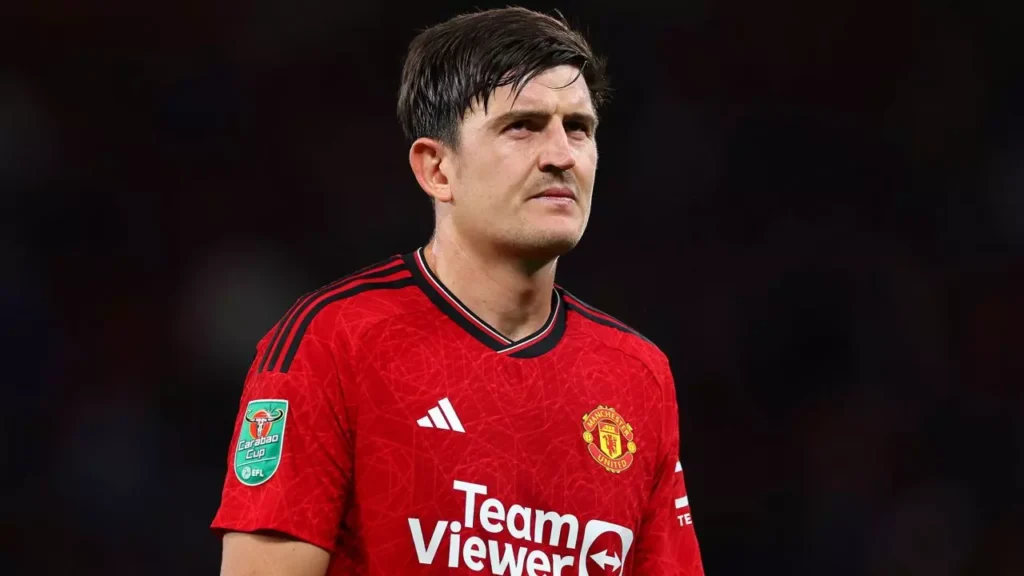
In an unusual melding of worlds, Manchester United’s Harry Maguire has become the subject of a political apology from a Ghanaian Member of Parliament (MP). This scenario, stemming from a comparison made during a parliamentary debate, highlights how sports figures can become symbolic in broader discussions, in this case, economic policy.
The Initial Mockery: An MP’s Critical Analogy
During a parliamentary debate on Ghana’s budget last year, opposition lawmaker Isaac Adongo made a striking comparison. He likened Vice-President Mahamadu Bawumia’s handling of Ghana’s economy to Harry Maguire’s performance on the football field. This analogy was part of Adongo’s broader critique of Bawumia’s economic management, accusing him of inflicting hardship on Ghanaian citizens through mismanagement.
Maguire’s Performance: The Focal Point of the Analogy
Adongo used Maguire as a metaphor to describe what he viewed as the government’s ineptitude. He referred to Maguire as “the biggest threat at the center of the Manchester United defense,” a comment that spread rapidly on social media. This comparison aimed to draw a parallel between the perceived defensive vulnerabilities in Manchester United’s gameplay and the government’s economic policies.
Ghana’s Economic Challenges: The Backdrop of the Debate
Ghana, at the time of the debate, was facing significant economic challenges:
- Spiraling Public Debt: The nation was dealing with an escalating debt crisis.
- Rampant Inflation: Inflation rates were soaring, severely impacting the cost of living.
- Weakened Currency: The Ghanaian currency was experiencing a steep decline in value.
These issues formed the backdrop of Adongo’s critique and his choice to use a sports figure like Maguire as a metaphor.
The Turnaround: Adongo’s Apology and Maguire’s Response
In a surprising twist, during a similar debate on the 2024 budget, Adongo retracted his previous analogy. He acknowledged that Maguire had “turned the corner” and was now a “transformational footballer,” even scoring goals for Manchester United. Maguire graciously accepted this apology through a social media post on X, displaying a sportsmanlike attitude and even inviting Adongo to visit Old Trafford.
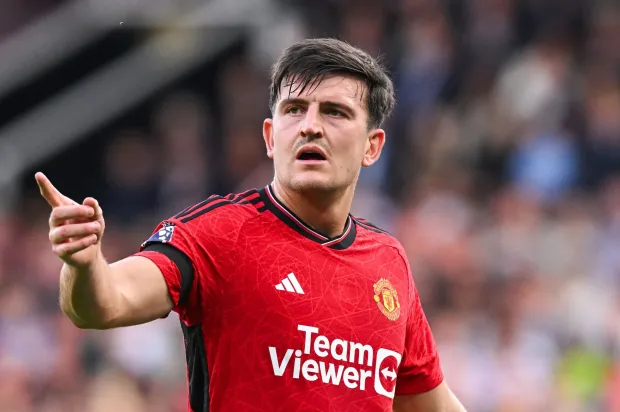
Ongoing Criticism of Bawumia
Despite retracting his comments about Maguire, Adongo continued his stern critique of Vice-President Bawumia. He accused Bawumia of desperately seeking aid from the International Monetary Fund (IMF), metaphorically “roaming with a cup in hand.” This criticism reflects the ongoing political and economic discourse in Ghana.
Ghana’s Relationship with the IMF
The Ghanaian government, facing economic turmoil, turned to the IMF for assistance. In response, the IMF approved a significant aid package:
- Three-Year Program: A $3 billion program was sanctioned to aid Ghana’s economy.
- Immediate Disbursement: An initial amount of $600 million was disbursed as immediate assistance.
This financial support is pivotal for Ghana as it navigates through its economic crisis.
Bawumia’s Political Trajectory
Amidst this economic landscape, Bawumia, the focal point of Adongo’s criticism, is not only leading the government’s economic team but is also the ruling party’s candidate for the 2024 elections. His economic policies and leadership are under scrutiny, as Ghana navigates its challenging economic situation.
Conclusion: Sports, Politics, and Economic Discourse
The incident involving Harry Maguire and Isaac Adongo transcends a mere apology, it underscores how sports figures can become symbols in political and economic discourse. Maguire’s acceptance of the apology not only reflects his professionalism but also highlights the cross-cultural and international reach of sports. Meanwhile, Ghana’s economic struggles and political debates continue, with figures like Bawumia and Adongo playing crucial roles in shaping the nation’s future. This unique intersection of football and politics serves as a reminder of how diverse fields can overlap and influence each other in today’s interconnected world.



